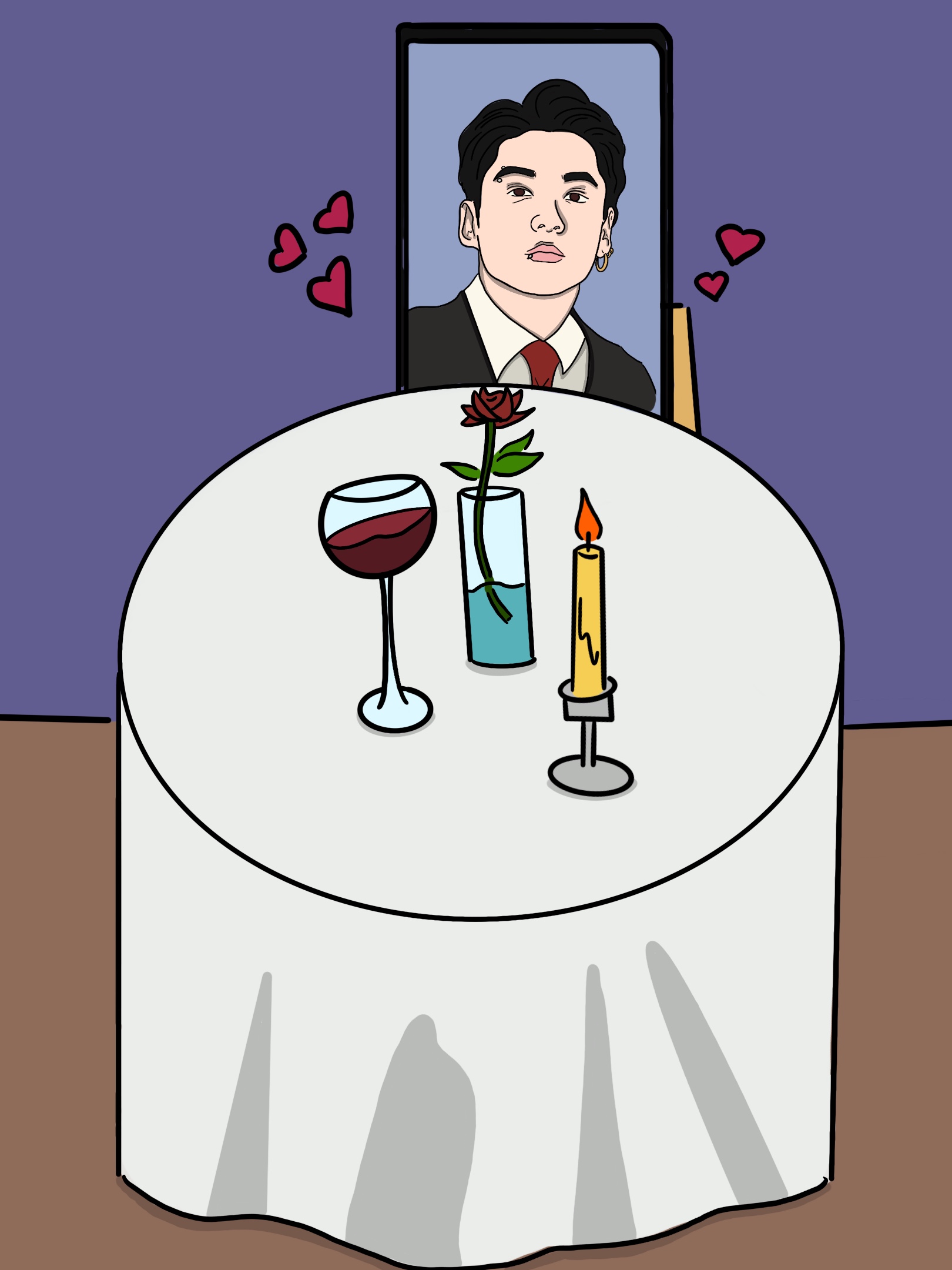The Allure and Impact of Parasocial Relationships with Celebrities
Are you too attached to your favourite celebrities? Does this impact or dismiss your mental health?
Idolization of celebrities has been spiraling out of control. We are building one-sided relationships with celebrities that don’t know we exist, becoming obsessed with the idea of them, and building emotional connections to them, however, we remain onlookers. We talk about them and treat them as if we have known them our whole life. There are many cases in which fans blur the lines between appreciation and obsession. Having a celebrity crush or knowing all your favourite artists’ songs is fun and enjoyable. But when a person starts to create social connections to these celebrities, the invisible bonds start to blur.
With the rise of social media and technology, fans can stay connected to their favourite celebrities all the time. This causes them to start building parasocial relationships with the public figures of their choosing. Parasocial relationships are defined as “of or relating to the connection or imagined connection between a regular person and a fictional character, celebrity, or other public figure.” Celebrities and public figures can include podcasters, YouTubers, and TikTokers, as those platforms also connect with a wide range of viewers.
Since public figures now stretch into other sectors of entertainment, I think it is easier for us to start building an emotional connection to them. We are viewing a intimate side of celebrities that encourages a one-sided attachment. The obsession grows and feeds into an unhinged state of worship. The allure of creating affiliations with celebrities is hard to resist because fans like me enjoy showcasing their favourite music, TV shows, movies, and hobbies to the world through fandoms. Some of these fandoms can become toxic, though not all of them.
Parasocial relationships can be dangerous, and their impacts are serious on both sides of the relationship. This kind of relationship can harm a person because they are generating an addiction for themselves—which can involve fixating over every detail in a celebrity’s life—that feeds into the supposed connection. Feelings of social isolation and loneliness can also be a result of not having enough energy for real-life relationships If a parasocial relationship is overdeveloped, it can lead to violent or inappropriate behaviour and, in some cases, even death.
Eminem’s popular song “Stan,” which was released in the 2000s, provides an important exploration of the risks of parasocial relationships. It sheds light on how intense, creepy, and unhealthy the connection fans develop with celebrities can be. The term “stan” even signifies a dark and deeply devoted fan by combining the words stalker and fan together. Lines of reality and fantasy blur in the realm of fandom even to this day. Doja Cat, a major star in the music industry, faced some recent battles with parasocial relationships. She connects with her fans through Instagram, X, and TikTok Live, which provide her audience with a sense of connection to a person that doesn’t know they exist. Doja Cat establishes boundaries for herself by addressing her fans in a straightforward manner, revealing that she doesn’t feel a romantic love for them. This resulted in her fans getting genuinely upset and prompted hundreds of followers on her social media platforms to unfollow. This moment served as a reminder that the connection fans feel with celebrities is complex, multifaceted, and extends beyond traditional notions of love or adoration.
I believe that parasocial celebrity relationships are not constructive or healthy. They contribute to diminishing mental health. Placing too much value on interactions with celebrities can take away from real-life relationships, responsibilities, and personal growth. It’s essential to recognize that these relationships are one-sided and often curated through the lens of media and social platforms. As fans, we must appreciate our favourite music artists, actors, or YouTubers but understand the boundaries we have to set for ourselves.
Staff Writer (Volume 50) — Karissa is a fourth-year student pursuing a Specialist in the Digital Enterprise Management program. When she's not studying marketing, you can catch her at the gym doing yoga or hanging out with her friends playing poker. Karissa loves writing about movies, music, and anything that she's passionate about. She can talk about horror movies and heavy metal music all day! She also enjoys baking, reading, and fashion.


